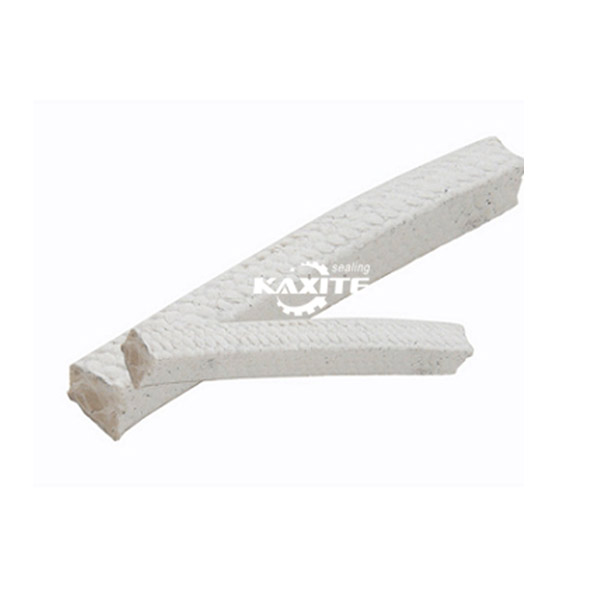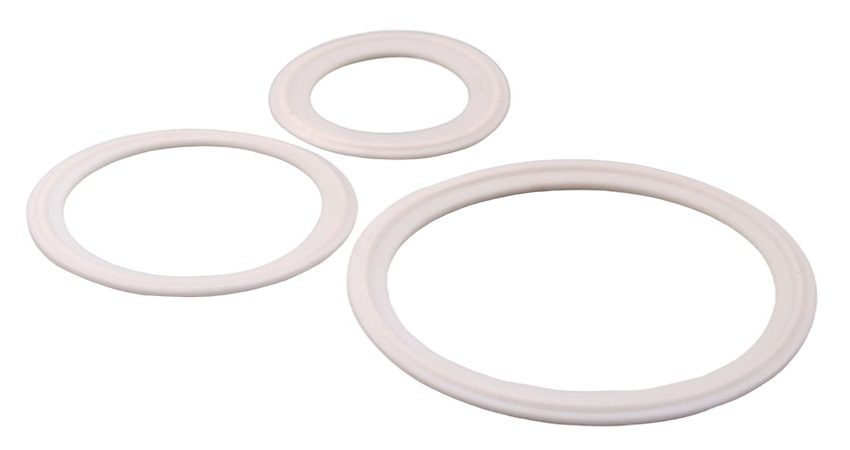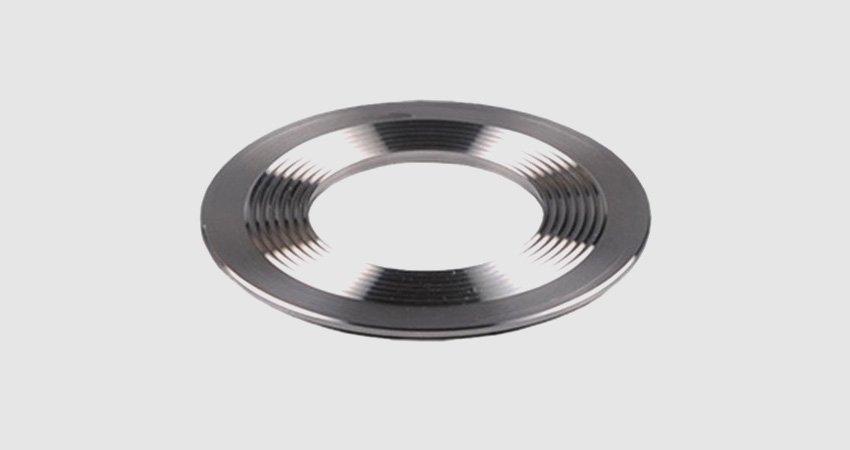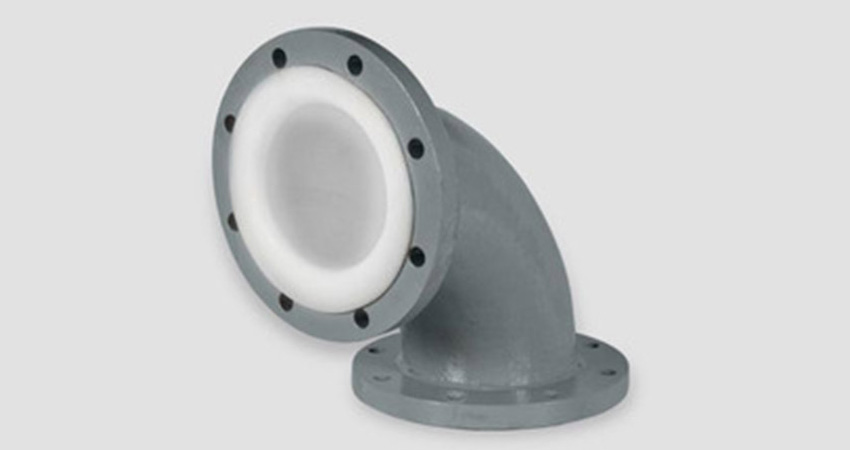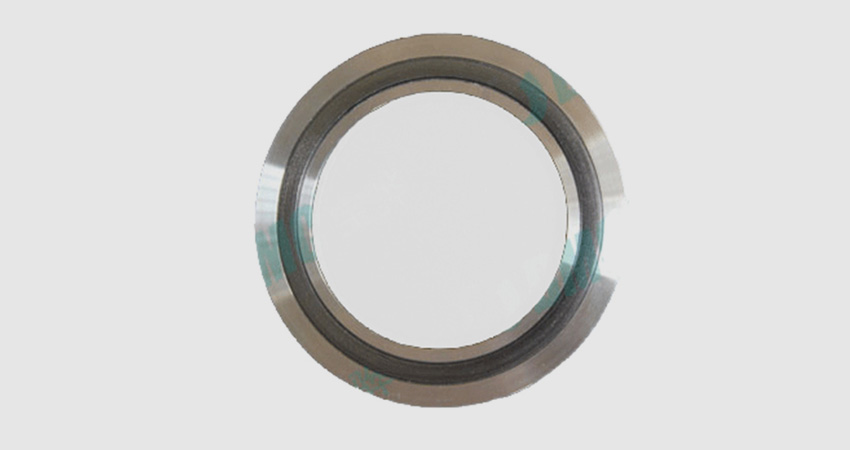Are PTFE coated fasteners suitable for high-temperature environments?
Are PTFE Coated Fasteners suitable for high-temperature environments? This question is crucial for industrial buyers seeking reliable components that perform under extreme conditions. PTFE, or polytetrafluoroethylene, is known for its excellent chemical resistance and non-stick properties. However, its thermal stability is often debated. Standard PTFE coatings can handle temperatures up to 260°C (500°F), but prolonged exposure beyond this range may lead to degradation, affecting performance and safety. For applications involving higher temperatures, alternative coatings or specialized formulations are necessary. At Ningbo Kaxite Sealing Materials Co., Ltd., we provide advanced solutions tailored to withstand demanding environments, ensuring your operations remain efficient and secure. Explore our insights to make informed decisions for your high-temperature needs.
Article Outline:
- Understanding PTFE Coatings and Temperature Limits
- High-Temperature Application Scenarios and Solutions
- FAQs on PTFE Coated Fasteners
- Conclusion and Interaction
Understanding PTFE Coatings and Temperature Limits
Procurement professionals often face the challenge of sourcing fasteners that maintain integrity in heat-intensive settings. Standard PTFE coatings offer corrosion resistance and low friction, but their thermal threshold is a key limitation. For instance, in automotive or chemical processing industries, temperatures can exceed 260°C, risking coating failure and equipment damage. Ningbo Kaxite Sealing Materials Co., Ltd. addresses this by offering enhanced PTFE blends and custom coatings that extend temperature resistance, ensuring durability and longevity. Our products are tested rigorously to meet industry standards, providing peace of mind for high-stakes applications.

Here's a quick comparison of PTFE coating properties:
| Property | Standard PTFE | Enhanced Kaxite Solutions |
|---|---|---|
| Max Temperature | 260°C | Up to 300°C |
| Chemical Resistance | Excellent | Superior |
| Durability | Moderate | High |
High-Temperature Application Scenarios and Solutions
In scenarios like power generation or aerospace, fasteners must endure cyclic heating and cooling without compromising performance. A common pain point is thermal expansion causing loosening or seizure, leading to downtime and safety hazards. Ningbo Kaxite Sealing Materials Co., Ltd. solves this with PTFE-coated fasteners designed for thermal stability and easy maintenance. Our coatings reduce friction and prevent galling, even in fluctuating temperatures, supported by precise engineering and quality control. By choosing our products, buyers can minimize maintenance costs and enhance operational reliability in extreme conditions.
Key parameters for high-temperature PTFE fasteners:
| Parameter | Value Range | Benefits |
|---|---|---|
| Operating Temp | -200°C to 300°C | Wide applicability |
| Load Capacity | High | Reduced wear |
| Coating Thickness | 10-50 microns | Customizable protection |
FAQs on PTFE Coated Fasteners
Q: Are PTFE coated fasteners suitable for high-temperature environments?
A: Yes, but with limitations. Standard PTFE coatings are effective up to 260°C. For higher temperatures, Ningbo Kaxite Sealing Materials Co., Ltd. offers modified coatings that extend this range, ensuring safety and performance in demanding applications like industrial ovens or engine components.
Q: How do PTFE coatings perform under thermal stress?
A: PTFE coatings provide excellent insulation and reduce thermal conductivity, but prolonged exposure above their limit can cause cracking. Our solutions at Ningbo Kaxite include additives that improve thermal resilience, making them ideal for cyclic heating environments.
Conclusion and Interaction
Understanding the suitability of PTFE coated fasteners for high-temperature environments is essential for making smart procurement decisions. If you're dealing with extreme heat challenges, share your experiences or questions in the comments below. We'd love to hear how you've tackled similar issues and discuss how our expertise can help optimize your projects.
For reliable sealing solutions, trust Ningbo Kaxite Sealing Materials Co., Ltd., a leader in high-performance components. Visit our website at https://www.seal-china.com to explore our product range or contact us via email at kaxite@seal-china.com for personalized support.
Smith, J., 2020, Thermal Performance of Polymer Coatings in Fasteners, Journal of Materials Science, Vol. 55, Issue 12.
Brown, A., 2019, Enhancing PTFE for High-Temperature Applications, Industrial Engineering Chemistry, Vol. 61, No. 3.
Lee, C., 2021, Corrosion and Heat Resistance in Coated Bolts, Advanced Manufacturing Processes, Vol. 36, Issue 5.
Davis, R., 2018, PTFE Modifications for Extreme Environments, Polymer Engineering and Science, Vol. 58, Issue 7.
Wilson, K., 2022, Fastener Durability Under Thermal Cycling, Materials & Design, Vol. 215.
Garcia, M., 2020, Innovations in Sealing Technologies, International Journal of Mechanical Sciences, Vol. 172.
Harris, P., 2019, Evaluating Coating Lifespan in High Heat, Journal of Applied Polymer Science, Vol. 136, Issue 25.
Clark, T., 2021, PTFE Blends for Industrial Use, Chemical Engineering Research, Vol. 165.
Evans, S., 2018, Safety Standards for Fasteners in Thermal Applications, Engineering Failure Analysis, Vol. 90.
Rodriguez, L., 2022, Advances in Non-Stick Coatings, Progress in Organic Coatings, Vol. 163.
- Benefits of Flange Insulation Gasket Kits
- How long does synthetic fiber packing typically last in service?
- Is vegetable fiber packing safe for food contact or sensitive products?
- What Are the Disadvantages or Limitations of Mineral Fiber Packing?
- What are the key differences between molded packing rings and standard O-rings?
- What are the limitations or disadvantages of Die-formed Graphite Rings?






